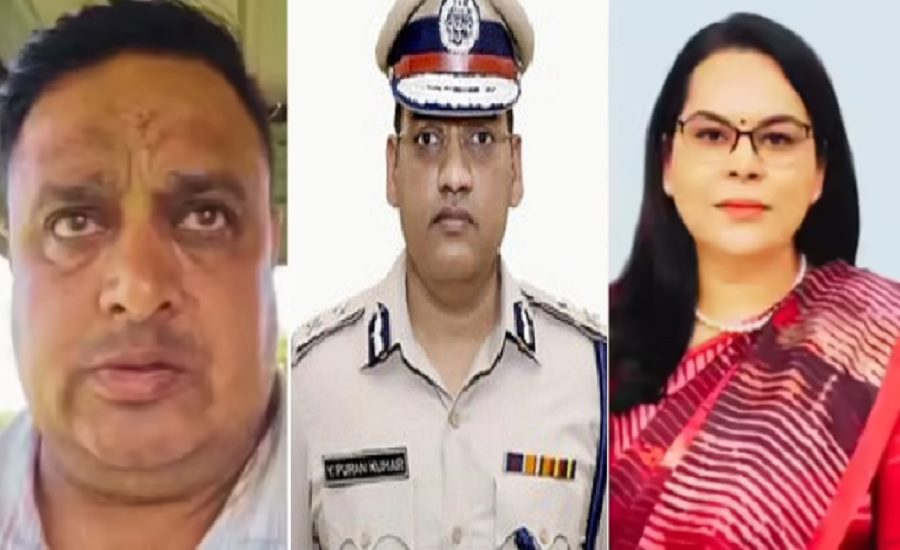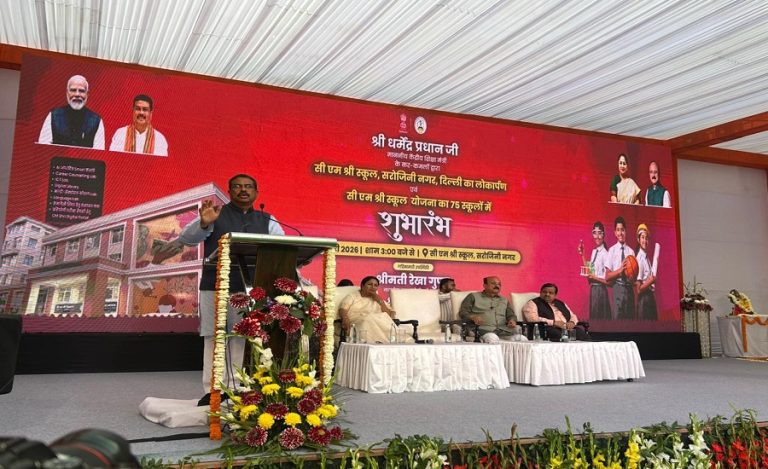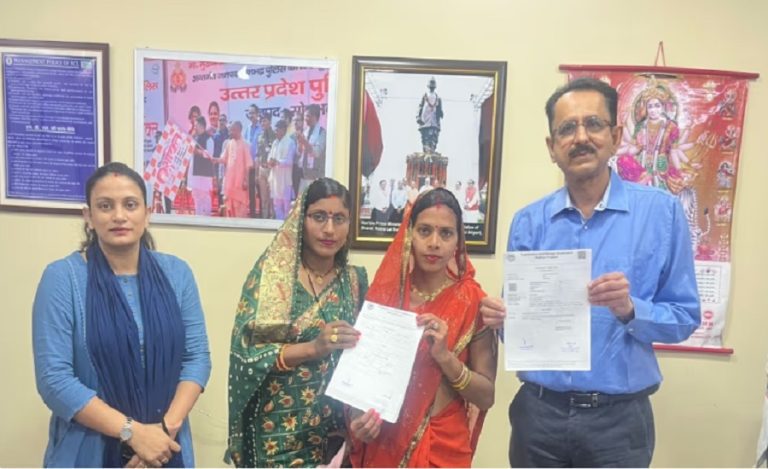Chandigarh – In a development that has reignited debate over institutional accountability, a Public Interest Litigation (PIL) has been filed in the Punjab & Haryana High Court seeking a CBI probe into the alleged suicide of senior Indian Police Service (IPS) officer Y. Puran Kumar.
The Controversial Death
On October 7, IPS officer Y. Puran Kumar was found deceased at his Chandigarh residence in what the police have termed a suicide. In a note left behind, he reportedly held senior officials—including Haryana DGP Shatrujeet Kapur and then Rohtak SP Narendra Bijarniya—responsible. Kumar alleged caste-based discrimination and persistent harassment as his motive.
His wife, IAS officer Amneet P. Kumar, who belongs to the Dalit community, has been vocally demanding a thorough and fair inquiry into the circumstances leading up to his death.
PIL Demands CBI Inquiry; Court Seeks Arguments
The PIL, submitted by Navneet Kumar, president of an NGO in Ludhiana, was placed before a bench led by Chief Justice Sheel Nagu and Justice Sanjiv Berry. The petitioner contends that the nature of death and allegations in the suicide note involve high-ranking officers and systemic issues, thus meriting a central agency investigation.
However, when the bench sought legal grounds under Supreme Court norms for transferring an investigation to CBI, the petitioner’s counsel requested more time to craft submissions. The matter was adjourned.
Chandigarh Police, which is currently investigating through a Special Investigation Team (SIT), contested the petitioner’s locus and denied bias or interference in the probe.
Institutional Repercussions & Parallel Suicide
In response to the uproar, both DGP Kapur and SP Bijarniya were temporarily relieved of their duties, pending further orders.
Further stoking public concern, another police officer, Sandeep Lathar, who had earlier arrested an aide of Kumar and leveled corruption charges against him, died by suicide this week. In his note, he named Kumar’s family and accused the officer of victimization. The close timing of two such deaths has raised serious questions about internal pressures within the force.
Why This Case Matters
The case underlines sensitive issues of caste, institutional bias, and abuse of power in law enforcement.
- It spotlights the limits of local investigations when high-ranking officers are implicated.
- It tests judicial precedents for when and how a probe may be transferred to CBI.
- It also reflects growing demands from civil society for transparency and accountability inside the police system.
What’s Next
The High Court is expected to hear the legal arguments and assess whether the case meets the Supreme Court–laid criteria for transferring the investigation to CBI.
Observers will closely watch whether this becomes a benchmark for handling deaths of public servants under suspicious circumstances.
The Justice Ministry or Home Department may also face pressure to intervene or appoint oversight.




























